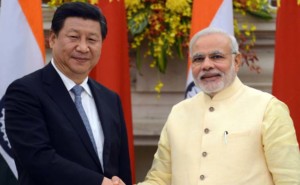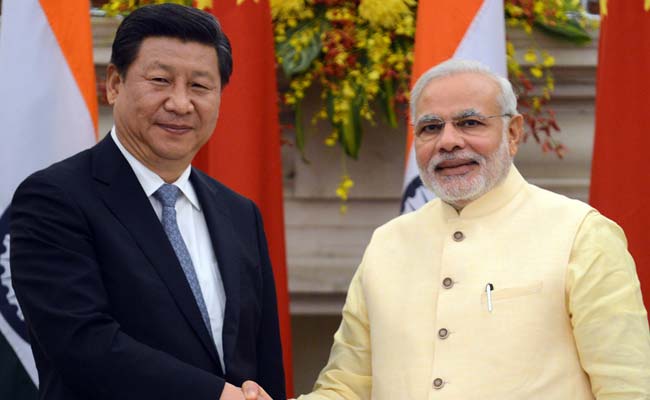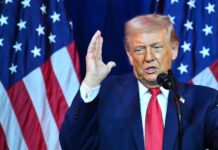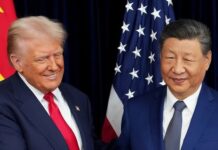
WUHAN: Prime Minister Narendra Modi and Chinese President Xi Jinping today exchanged views on “solidifying” the India-China relationship as they began an unprecedented two-day informal summit here during which they will have a series of one-on-one conversations focusing on bilateral, global and regional issues.
Prime Minister Modi who arrived here in the central Chinese city early today for the informal summit began talks soon after President Xi hosted a grand welcoming ceremony for him.
The summit in Wuhan – the favorite holiday spot of revolutionary Chinese leader Mao Zedong – is being seen as an effort by India and China to rebuild trust and improve ties that were hit by the 73-day-long Dokalam standoff last year.
“And the much awaited Informal Summit gets underway! PM @narendramodi warmly welcomed by Chinese President Xi on his arrival at Hubei Provincial Museum in Wuhan. The two leaders had a one-on-one meeting during which they exchanged views on solidifying our bilateral relationship,” Ministry of External Affairs spokesperson Raveesh Kumar tweeted.
Kumar said they will review the developments in the bilateral relations from a strategic and long-term perspective during their meetings.
Modi and Xi shook hands and posed for photographs before witnessing a cultural program at Hubei Provincial Museum in Wuhan.
“PM @narendramodi was welcomed at the Hubei Provincial Museum with an impressive cultural performance. India and China cultural connect go back many centuries and is reflected in present times through the popularity of Bollywood, Yoga and other aspects of Indian culture,” Kumar tweeted.
During their one-on-one conversation, Modi told Xi that when he was the Gujarat chief minister, he had an opportunity to visit Hubei Province on a study tour to learn about the Three Gorges Dam.
“The speed with which you constructed this dam and its scale inspired me. So I came on a study tour and spent a day at the dam,” Modi said.
As the world’s largest hydropower project, the Three Gorges project is a multifunctional water control system on the mighty Yangtze River. It comprises a dam stretching 2,309 meters long and 185 meters high, 32 hydropower turbo-generators, a five-tier ship lock and ship lift system.
The two leaders later visited an exhibition of Marquis Yi of Zeng Cultural Relics & Treasure at the Hubei Provincial Museum.
“Spending time together! In a special gesture, Chinese President Xi took PM @narendramodi on a tour of the exhibition of Marquis Yi of Zeng Cultural Relics and Treasure displayed at the Hubei Provincial Museum,” Kumar tweeted.
The museum has a large number of state-level historic and cultural relics.
Officials said Modi and Xi would focus on global, regional and bilateral issues.
The two leaders will later hold delegation-level talks accompanied by six top officials from each side. The two leaders will have one-on-one dinner at a state guest house by the famous East Lake.
They will resume their one-on-one interaction tomorrow at 10 a.m (local time) with walks by the lake side, boat ride and wind up their talks over lunch, official sources here said.
The two leaders began their informal meetings way back in 2014 when Xi was hosted by Modi at the Sabarmati Ashram of Mahatma Gandhi in Gujarat. They have met and interacted with each other in about a dozen international meetings since then.
But this will be their “heart-to-heart” informal summit. There will be no agreement signed or a joint statement issued.
It is a summit, according to the officials, to forge consensus to resolve the issues with follow up actions by officials than announcing any agreements. This is something the leaders of the two countries have never tried so far, they said.
This is fourth visit of Modi to China after he came to power in 2014. He is again due to visit China to take part in the SCO summit to be held at Qingdao city on June 9-10.
China’s state media said the informal Xi-Modi meeting heralds new chapter in Sino-Indian relations, an article in the state-run Global Times said.
“The Xi-Modi meeting in 2018 following the 2017 Dokalam standoff will without doubt promote mutual trust and reciprocity between the two countries, and will be a cornerstone of a stable long-term relationship between China and India,” the article said. PTI







